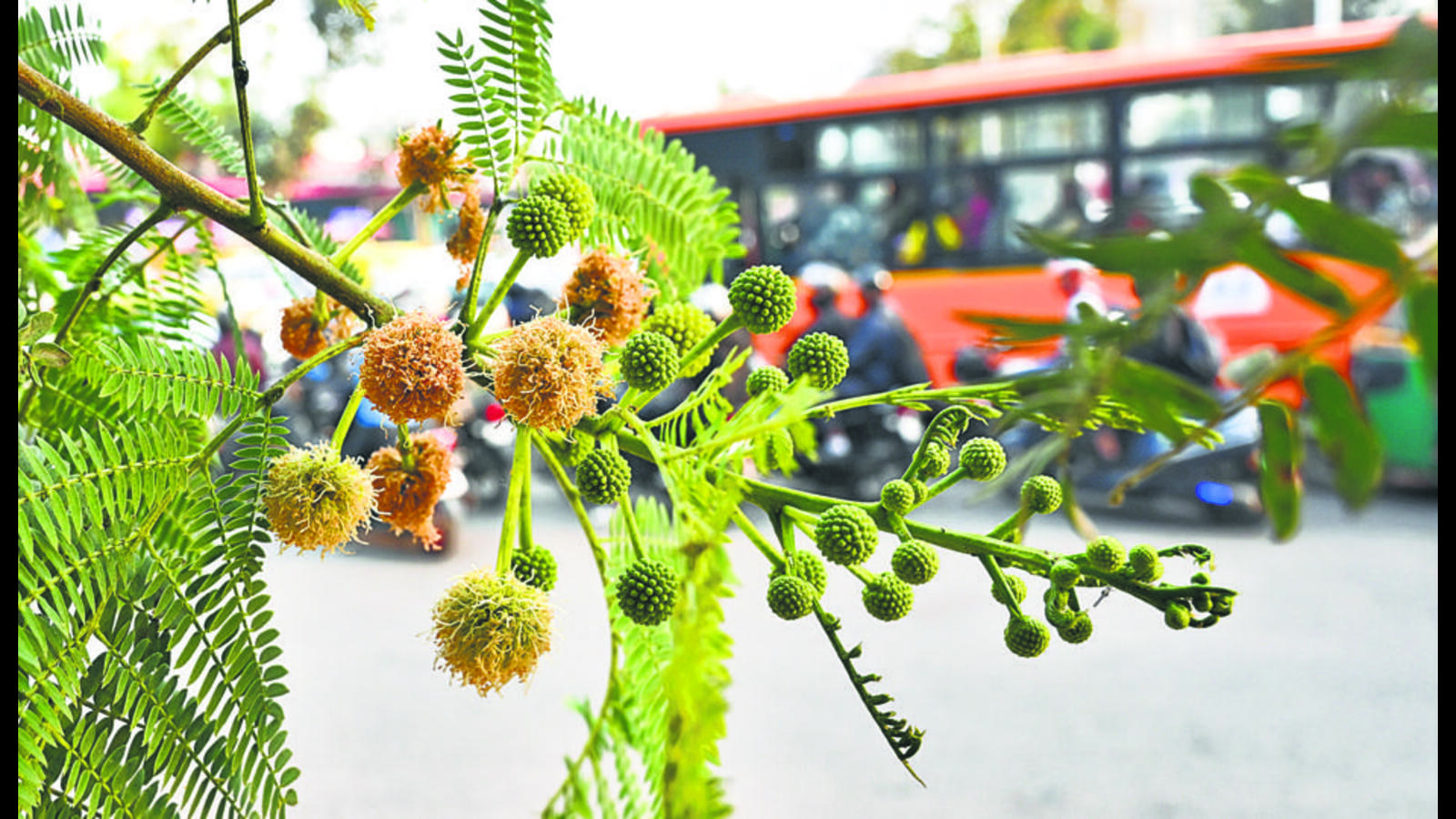Native to the Indian subcontinent, Subabul tree (Leucaena leucocephala) is known for its rapid growth and allelopathic properties. This fast-growing tree is commonly found in India and is widely cultivated for its various uses. The allelopathic nature of the Subabul tree is attributed to the chemicals it secretes, which inhibit the growth of other plant species in its vicinity. Despite its aggressive growth and allelopathic characteristics, Subabul is valued for its multiple benefits. It is used for timber, fuelwood, fodder, and soil improvement, making it a versatile and valuable tree species. The tree’s ability to grow quickly and thrive in various environmental conditions has made it a popular choice for afforestation and agroforestry projects in India. Farmers often plant Subabul trees to provide shade for crops and livestock, as well as to improve soil fertility through nitrogen fixation. Additionally, the tree’s leaves are rich in protein and are used as a nutritious fodder for livestock. Overall, the Subabul tree plays a significant role in sustainable land management practices in India, offering multiple benefits while also posing challenges due to its allelopathic nature. With its diverse uses and adaptability, the Subabul tree continues to be an important species in India’s agroforestry landscape.

Posted in
DELHI
“Subabul tree’s rapid growth and allelopathic nature hinder other species, study finds”
In Trend

“3kg of Plastic Removed from Stray Dog’s Belly in Ahmedabad Rescue Operation”












